Words, words, words cannot convey the meaning and emotional impact of a film and there are only so many words in the English language we can repeat over and over in our vain attempts. Only the movies themselves can convey the emotional impact of meaning in the stories we tell. Descriptions don’t convey it nor do critiques. Programmers introducing films do not, nor do the directors. Halfway through the movies I saw, none succeeded in conveying it either…However, Sundance is dynamically evolving and the success it will achieve in its new incarnation will soon be apparent.
Watch the Festival Trailer here. You can also “relive” the festival day by day here.
Halfway through the online viewing of fest films I had chosen to see, I remained unmoved and impatient with words of programmers and filmmakers introducing films which gave me very little satisfaction. Add to it the cumbersome difficult process of screenings and screening times, I was ready to give up.
Beginning with the doc The Princess with all the footage repeating the usual stories we have heard, continuing with doc Fire of Love (picked up by National Geographic for the world for mid seven-figures and to go out theatrically before its debut on Disney’s streaming platform), with fabulous volcanic footage but which did not delve into psychology of the two protagonists themselves or into their relations with each other. However it did win the Jonathan Oppenheim Editing Award for U.S. Documentary honoring Erin Casper and Jocelyne Chaput, and its director Sara Dosa.
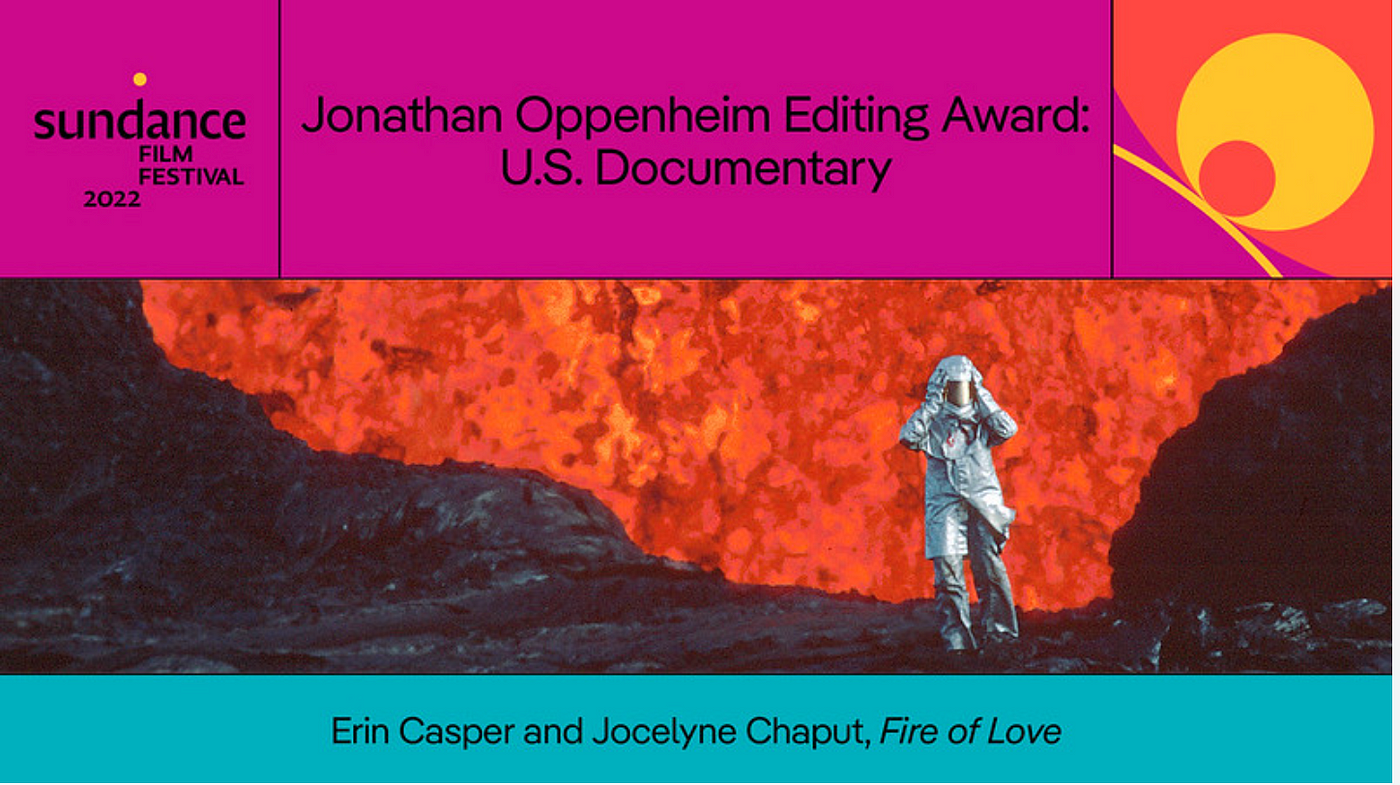
Nor did Klondike get into the characters living through the progression of the war between Ukranian separatists and pro-Russian males as the wife of one comes to full term in her pregnancy. However its director Maryna Er Gorbachdid take the prize for Directing Award for World Cinema Drama. And the film seems prescient of escalating war in Ukraine today.
Master by Mariame Diallo, an almost conventional ghost story, felt like it has been rushed through editing to be finished in time for Sundance. Riotsville USA — well it was experimental, so its fragmentary design can be attributed to that — was good at compiling a detailed overview of the white and black versions of the riots of 1965 (Watts), ’66 Chicago, ’67 Newark and 100 other cities ending in North Florida riots but did not feel cohesively told through the use of the mockup towns built by the US military to combat urban unrest aka terrorism.
Descendant, which descended into multiple endings, ended with what seemed more like a community/ educational documentary than a theatrical feature doc. It was produced by Participant and was picked up by Netflix for the world. It also won the U.S. Documentary Special Jury Award for its Creative Vision. It shoulda been better.
Lena Dunham’s Sharp Stick, while engaging, seemed more like a trifle indie film than a substantial drama or comedy. And the girlie-girlie nuances of Am I OK? was standard fare and yet it was picked up for the world for nearly $7 million by HBO Max. Well the girls are very attractive and fun to watch.
Alice starting as a slave drama and morphing into an hommage to Coffy, a 1970s Pam Grier blaxploitation film almost made it but in the end still failed to make a strong emotional impact. It had been prebought before Sundance by Vertical Entertainment and Roadside Attractions for the US. Alice (Keke Palmer), brutally enslaved on a rural Georgia plantation, restlessly yearns for freedom. She flees after a violent clash with her forced lover, plantation owner Paul (Jonny Lee Miller). Running through the woods, she suddenly sees a highway, and cars and soon discovers that the year is actually 1973. Rescued on the roadside by a disillusioned Black activist named Frank (Common), Alice uncovers the lies that have kept her enslaved and the promise of Black liberation as seen through the prism of the 1970s.
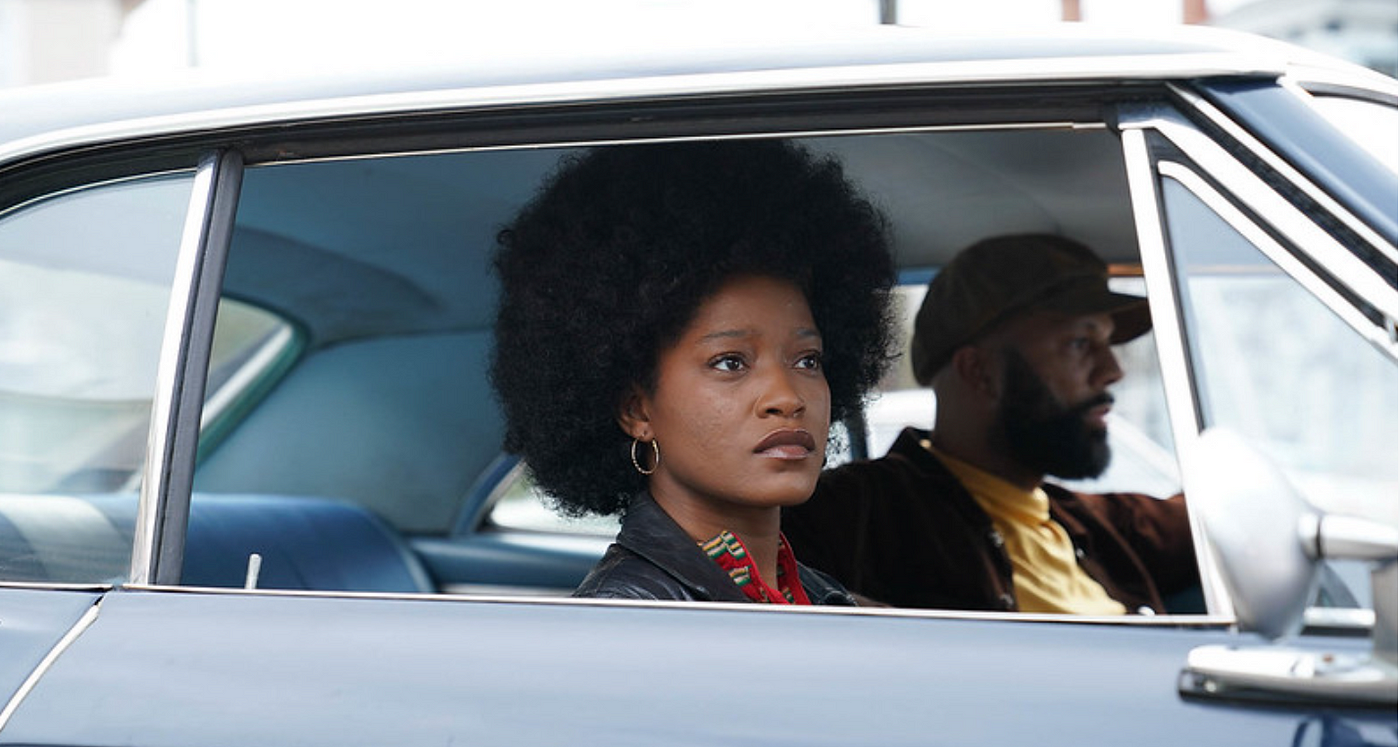
The debut feature of writer-director Krystin Ver Linden, is inspired by true accounts of Black Americans who were kept in peonage for more than 100 years after the end of slavery, one I remember reading about myself. It is an audacious attempt to but ultimately fails to mix historical fact with contemporary fiction.
Nor did Living deliver more than the expected classic period drama. The remake of Kurosawa’s Ikiru played like a British TV period piece. Sony Pictures Classics acquired North America, Latin America, India, Scandinavia, Eastern Europe, Germany, South Africa, Southeast Asia, and airlines worldwide for around $5 million.
The emotional impact of these stories was never fully delivered or received. I can guess what the stories were trying to convey but will not put into words what the film should or might have been because, in fact, I could never even begin make a film approaching these noble efforts and words will not substitute for the film or its intended impact. But I was longing for emotional catharsis. In the end, they failed to convey the emotional meaning that the stories held for those telling them to the desired receptive audiences.
What did deliver however, were World Cinema Documentary Special Jury Award Winner for its Excellence In Verité Filmmaking Midwives from Myanmar, directed by Snow Hnin Ei Hlaing. A surprising view of a Hindu midwife and her Moslem apprentice revealed so much about the current Royinga crisis as it filtered through their ministrations.

Along side of it, the Directing Award for World Cinema Documentary went to Simon Lereng Wilmont for A House Made Of Splinters by Simon Lereng Wilmont from Denmark, also a surprisingly positive view of the abandoned children of war in Ukraine, warm and nurturing while still terribly sad for the children. What will become of the children and the House Made of Splinters is cause for great worry.
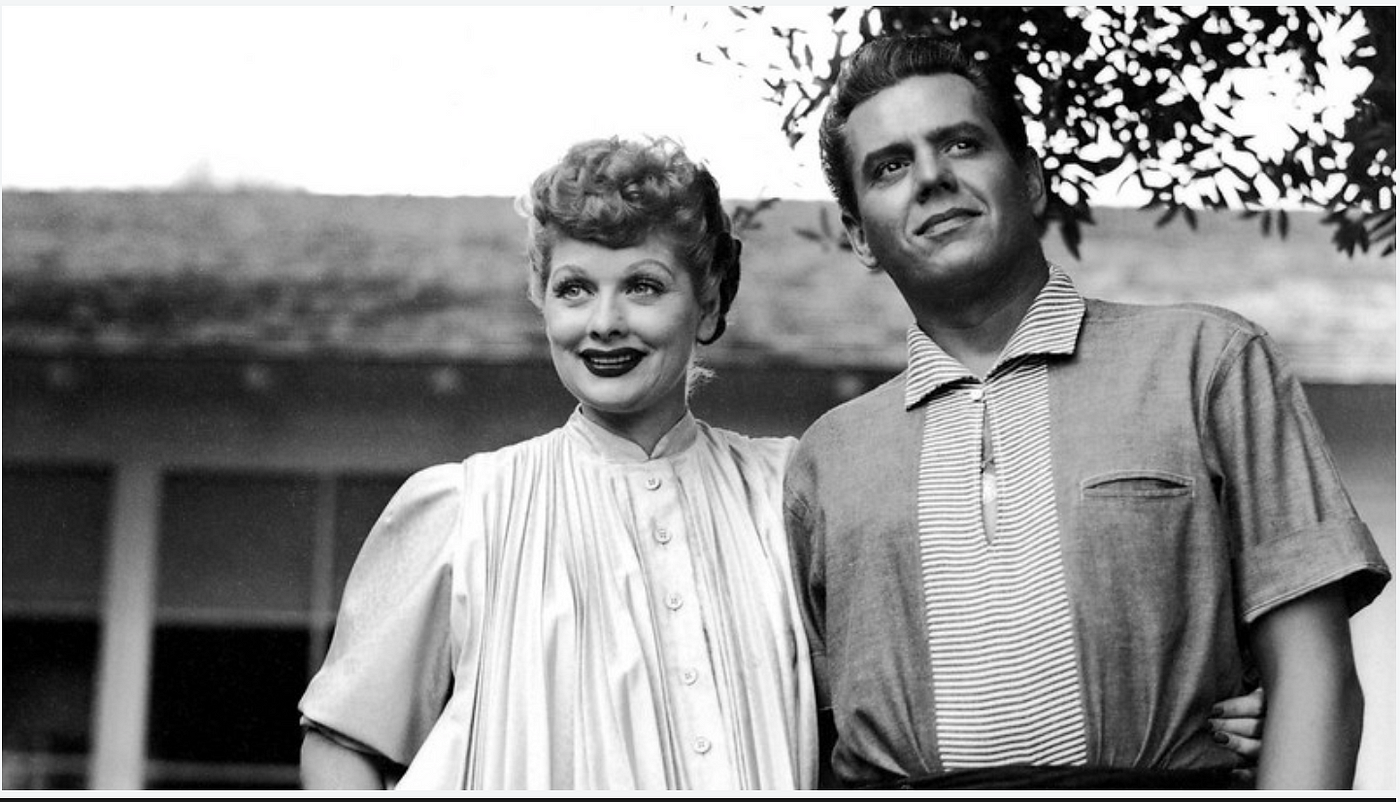
Lucy and Desi! was a fun doc presenting America’s best loved television couple.
I finally saw one that looked like a real winner. Nanny, about an immigrant single Senegalese mother, played beautifully by Anna Diop and directed (and written) by Sierra Leononian-American Nikyatu Jusu, goes to the African roots of the horror supernatural genre. Its great opening with one sustained note and the black face half encased in shadow, the blue black of black art creates a genre of its own. Why do you suppose “black arts” means bad magic? Black arts are supernatural. Nanny is creepy even as it plays it straight. The honest feel of spontaneity in the straight parts set off the scary parts so you forget about them until they begin again, like recurring dreams or hallucinations. The husband is exceptionally creepy; something is evil in his humanity, and yet, the acting is exceptionally naturalistic. Costumes and design are also exceptional.
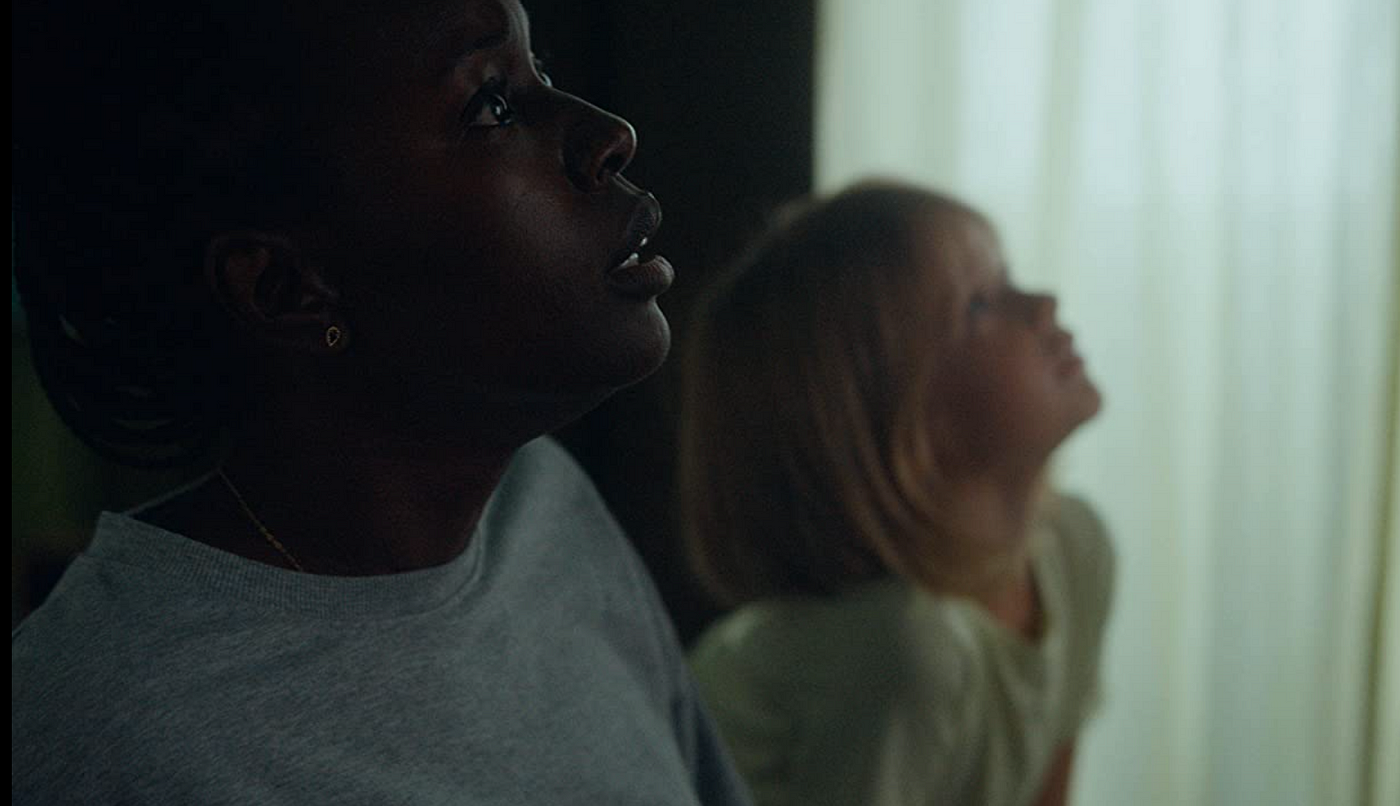
And when the winners were declared I felt justified in my judgements — Nanny being the Grand Jury Winner. Luckily I got to see the Festival Favorite Award as well as Audience Award winner Navalny and appreciated its directness and the proximity of Navalny himself as if we were right by his side through the insane provocations, threats and incarcerations he and his family must endure at the whim of the dictatorial Putin. Now that he has imprisoned his political opponent, he feels he can act with impunity in pursuing power over Ukraine an imprison that nation’s electorate.
Directing Award for U.S. Documentary went to Reid Davenport, I Didn’t See You There which was engrossing and endearing as it presented the physically challenged director’s direct point of view of his surroundings and his life.

Also very emotionally compelling was The Janes. In light of today’s Supreme Court and states’ rulings on abortion rights, and in view of the past’s social actions which, until women got into the act, was run by men focusing on the Vietnam War and on Civil Rights; women’s rights, women’s liberation and women’s bodies were not considered worthy of any social action. Only when the women rallied to correct the omission did Roe vs. Wade become the law of this land. And the same fight continues to this day. Sundance also had Call Jane, a fiction feature about The Janes and there was much discussion (among women) about which film was the better of the two.
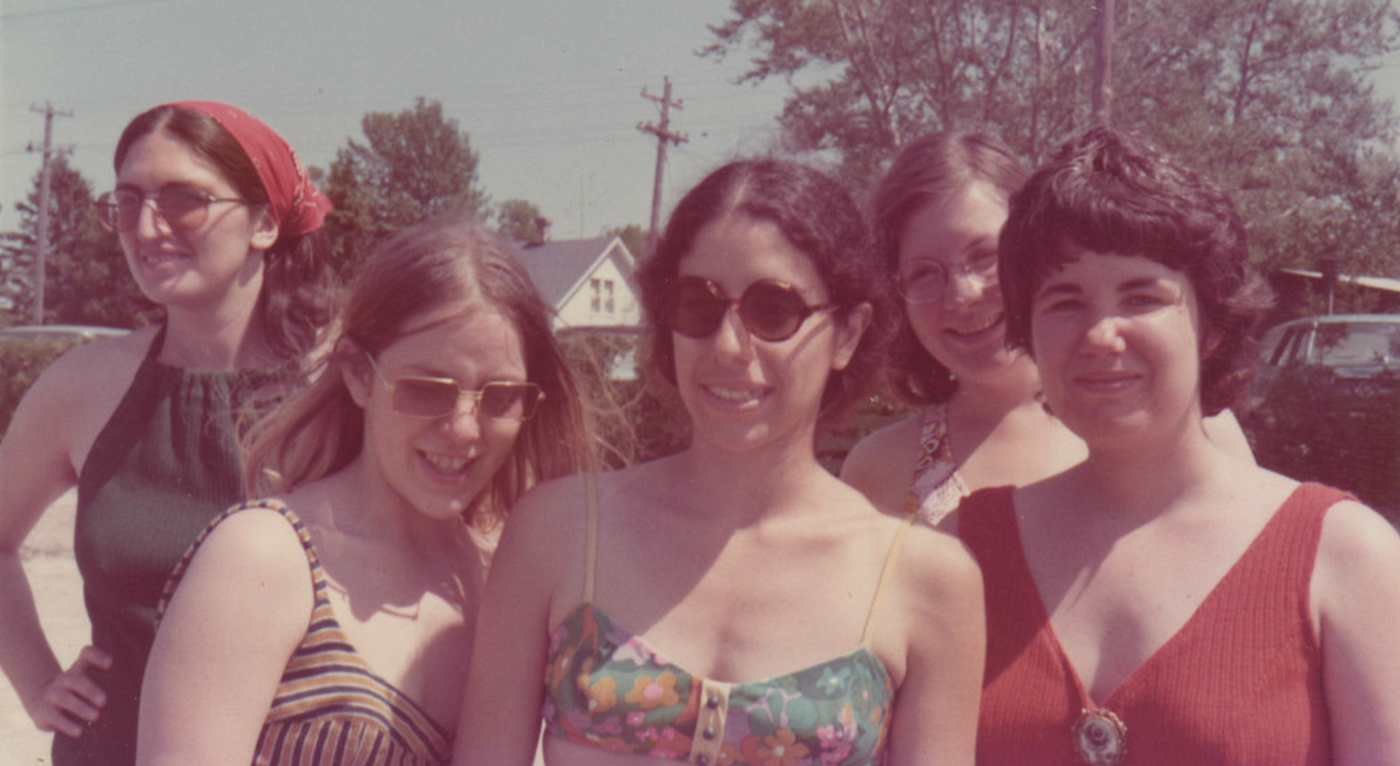
In short, I found the films in this year’s Sundance fell short of what I have come to expect. Compared to those great films in Cannes: Drive My Car, Compartment №6, The Worst Person in the World, Mothering Sunday, A Tale of Love and Desire, Hero, Prayers for the Stolen, Pllayground…both the American and the international fiction features were provincial. But as ever, the documentaries excelled. I am sure more than one will appear as a nominaton for the next Oscar.





No comments:
Post a Comment